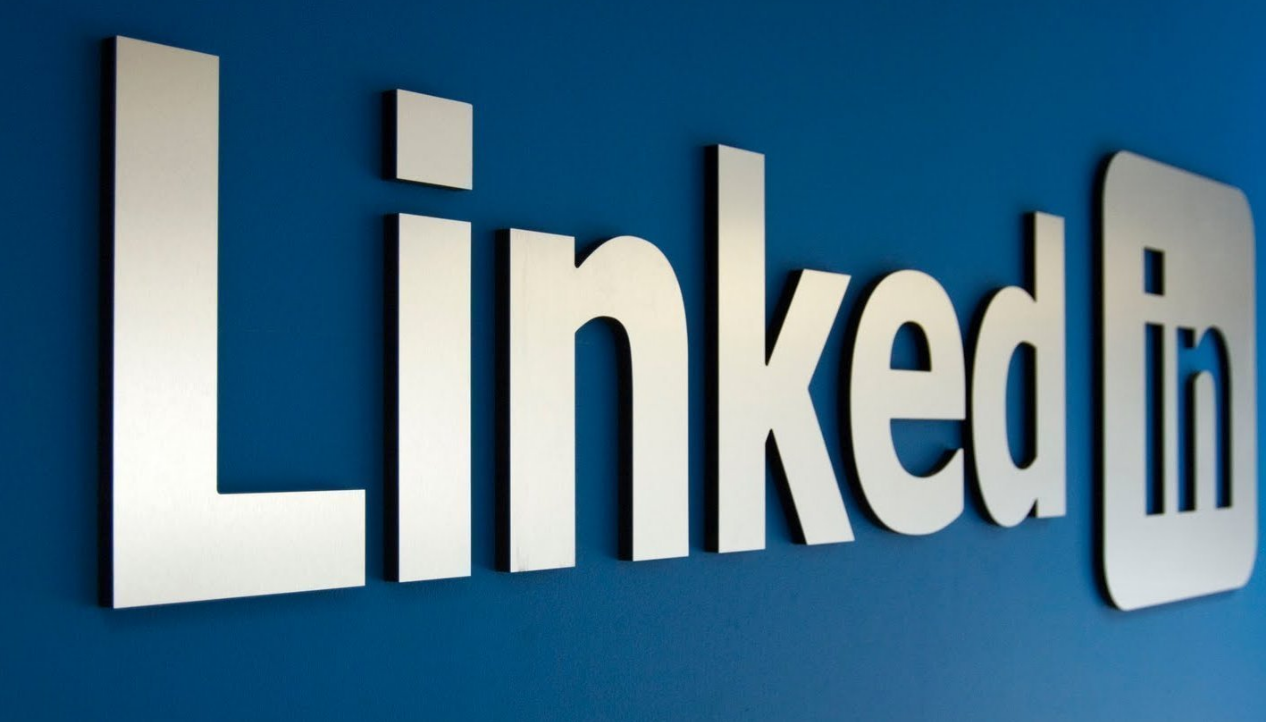EU forced LinkedIn to change user agreement

The social network LinkedIn under pressure from the authorities of the European Union decided to update the user agreement. The reason is the new data processing regulations adopted by the European officials. But the company has not yet taken into account the Russian law “On Personal Data”. It is worth recalling that due to ignoring Russian legislation, the social network is blocked in the territory of the Russian Federation.
As for the new user agreement, it will be valid from May 8, 2018. This was reported by the company LinkedIn itself in a letter that was sent on March 11. According to the company, the changes introduced will allow users to better control their personal data that the social network has access to. In addition, resource users will be given the opportunity to ban LinkedIn from using this information if the need arises.
In the new settings, the control functions of advertising materials that are shown to users have appeared. If you wish, you can also find out what information goes to a third party - that is, advertisers. The user agreement obliges the social network to clearly define the rules for collecting and processing personal data of users. This regulation meets the requirements of the General Data Protection Regulation (GDPR), which comes into force in the EU on May 25 of this year.
')
European regulations require companies from different areas of activity to change the user agreement in the event that these companies use the personal data of individuals located in the territory of the European Union. Among other things, such companies will store data in a depersonalized form, and even in such a format they need to be encrypted and to provide means of reliable protection against leaks. An interesting point is the clause proclaiming a ban on the transfer of data of EU citizens to third parties, informing citizens and regulatory authorities of any data leakage within three days.
Citizens will have the opportunity to get acquainted with the rules for processing their own data in a clear and accessible way. Moreover, the data processing requires a user agreement in the form of a "clear affirmative act in written or oral form." If desired, the user can deny the company or resource the use of personal data, and without prejudice to the commission of actions. If the regulator learns about the violation of the regulations, the violator is threatened with an administrative fine in the amount of 20 million euros, or 4% of the annual turnover.
International companies are given the opportunity to select a regulator of a particular country to monitor compliance with the new rules. You can choose the possibility of "single regulation". According to the new rules, for example, Facebook, Twitter, Dropbox, LinkedIn and Airbnb can choose to monitor their actions of the regulator from Ireland, where the headquarters of the companies are located.
Anyway, LinkedIn social network in the updated user agreement does not mention the Russian law “On Personal Data”. The company continues to ignore it, which means that we are not talking about unlocking the social network in Russia. If LinkedIn transfers user data from the Russian Federation to the Russian servers located in the country, then Roskomnadzor unlocks the social network.
By the way, the social network from time to time takes steps towards Russian legislation. So, a year ago, LinkedIn registered with the Federal Tax Service for the payment of "tax on Google." Then the company became one of 128 foreign organizations that decided to pay taxes from April 25, 2017.
In addition, at the same time, the company's press service announced that “LinkedIn will continue to be available in Russian, and we hope that we can restore service in Russia in the future.” Problems with the social network began in mid-2016, when Roskomnadzor filed on LinkedIn for violating legislation in the field of collecting, storing and processing personal data of Russians.
Source: https://habr.com/ru/post/411011/
All Articles